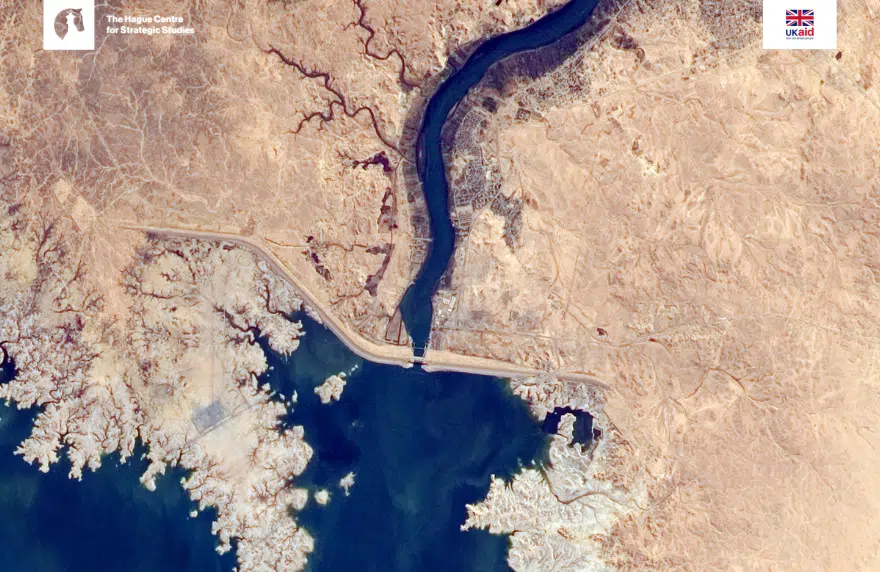Research
We live in a world of increasingly complex and interconnected policy challenges. As a result of artificial intelligence, machine learning, and the big data revolution, policymakers have more information at their fingertips to monitor developments, design and assess policy options than ever before.
However, much of that information is not offered in a structured or intuitive way, and problems persist pertaining to the accuracy, the meaning, and the utility of the data at their disposal. This stands in the way of developing effective, reliable, and timely policy interventions.
If you understand causality, you can get to the heart of the matter. Causality explores ‘why things are the way they are’ so that it becomes possible to select the right option, and you can act on that knowledge. Thus, the explanatory power of causal reasoning is potentially a game-changer for policy.
Using the UK Foreign Commonwealth and Development Office (FCDO) funded HCSS study ‘The Climate Security Nexus: Understanding the Pathways that Lead to Violent Conflict’ as a reference, this document provides a non-technical ‘how to’ manual of a causal assessment framework that explains how causal models can be developed, applied, and embedded into development policy and practice. Finally, it offers concluding thoughts and practical recommendations on the way forward.








